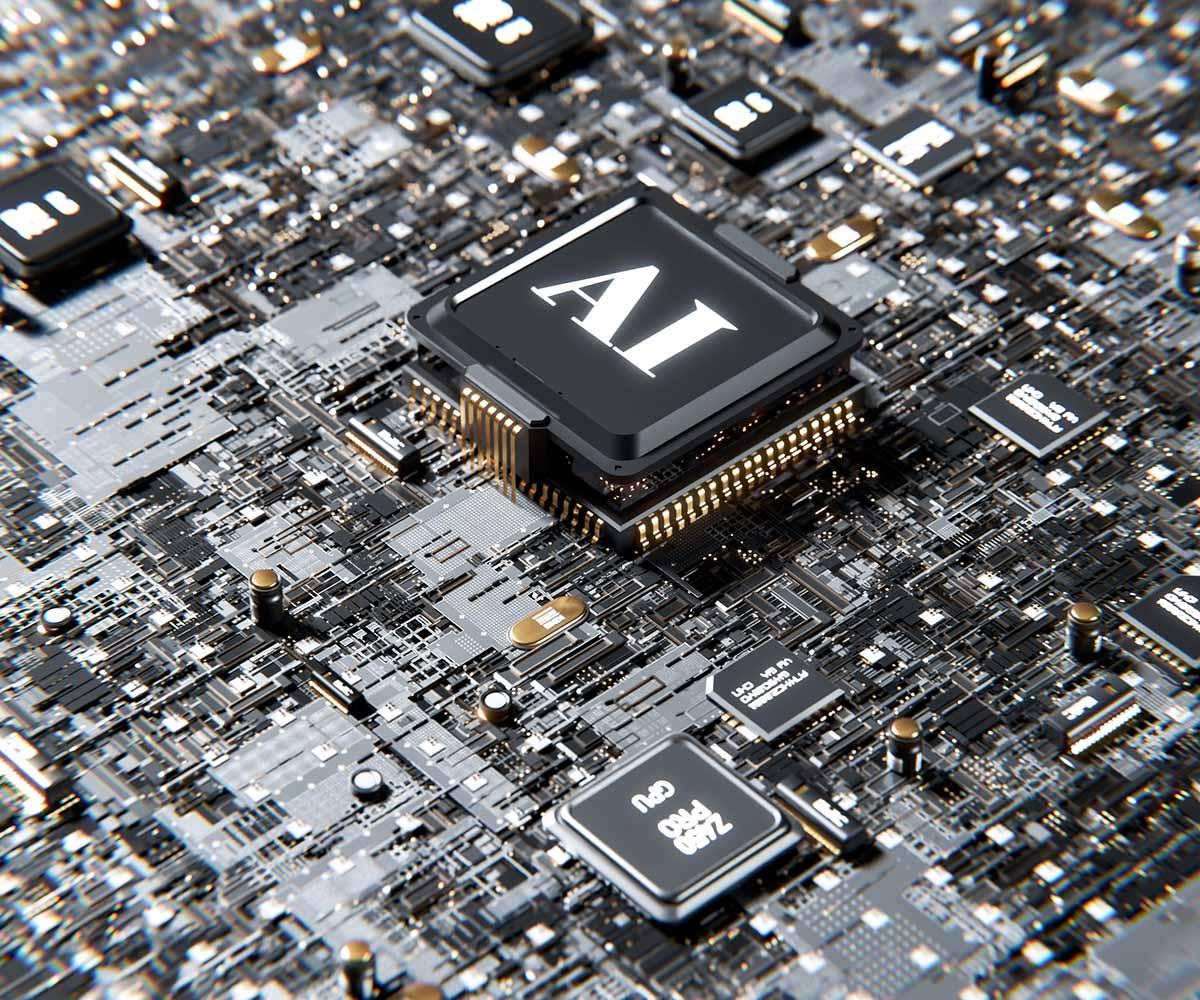The Complete Guide to AI-Driven Vendor Management
Noam Shakuri

The Complete Guide to AI-Driven Vendor Management
Vendor management is the backbone of procurement, yet most companies still rely on spreadsheets, emails, and outdated portals. According to Deloitte, 72% of procurement teams struggle with supplier inefficiencies—leading to delays, compliance risks, and lost savings. This guide explores how AI transforms vendor management from a reactive chore into a strategic advantage, and how platforms like Evolinq are leading this revolution.
Why Traditional Vendor Management Fails
1. Slow Supplier Onboarding (6-8 Weeks Average)
- Manual data entry, contract reviews, and compliance checks delay operations.
- AI Solution: Autonomous onboarding via email—suppliers engage without new logins or training.
2. Poor Visibility into Supplier Performance
- 58% of companies lack real-time insights into delivery times, quality, or risks (McKinsey).
- AI Solution: Live dashboards track KPIs like defect rates, response times, and contract compliance.
3. Reactive (Not Proactive) Risk Management
- Most teams discover supplier issues after disruptions occur.
- AI Solution: Predictive analytics flag financial instability, geopolitical risks, and demand surges.
4. Inefficient Communication
- Chasing suppliers via email/phone wastes 300+ hours/year per manager.
- AI Solution: AI agents handle routine inquiries, negotiations, and order updates.
How AI Vendor Management Works
1. Autonomous Supplier Onboarding
✅ No IT Integration Required – Suppliers communicate via email, or existing portals.
✅ AI Extracts Key Data – Evolinq automatically pulls order confirmations, lead times, and pricing from emails/PDFs.
✅ 5-Hour Activation – No lengthy setup (vs. 6+ weeks with EDI).
Case Study: A Fortune-500 EMS company onboarded 1250 new suppliers in 1 hour—without sending a single PDF form using Evolinq.
2. AI-Optimized Supplier Performance Tracking
AI monitors: ✔ On-Time Delivery Rates (with real-time delay alerts) ✔ Quality Metrics (defect trends, inspection results) ✔ Responsiveness (average email/quote reply times)
3. Proactive Risk Mitigation
AI detects: 🔴 Financial Risks (bankruptcies, credit score drops)
🔴 Operational Risks (labor strikes, port delays)
🔴 Compliance Risks (audit failures, regulatory changes)
4. Self-Service Supplier Portals (Without the Portal)
- Suppliers interact via natural channels (email, messaging).
- AI handles:
- PO Confirmations
- Shipment Updates
- Invoice Reconciliation
Result: 98% supplier adoption (vs. 35% with traditional portals).
Evolinq vs. Traditional Vendor Management
| Feature | Traditional | Evolinq AI |
|---|---|---|
| Onboarding Time | 6-8 weeks | <12 hours |
| Supplier Adoption | 20-60% | 98%+ |
| Risk Detection | Manual | Predictive (pre-disruption) |
3 Steps to Implement AI Vendor Management
1. Start with High-Risk Suppliers
- Focus on vendors with:
- Long lead times
- History of delays
- Single-source dependencies
2. Automate Routine Tasks First
- Phase 1: AI handles PO confirmations & invoice matching.
- Phase 2: AI negotiates lead times and expedites orders.
- Phase 3: AI monitors compliance and ESG risks.
- Phase 4: AI validate arrival of orders.
3. Scale Across All Suppliers
- Deploy AI to manage 100% of vendors—not just strategic ones.
Real-World Results with Evolinq
📌 Electronics Manufacturer:
- Reduced supplier onboarding from 8 weeks → 2 hours using Evolinq’s AI agents.
- Cut procurement labor costs by $xxxK/year.
📌 Retail Chain:
- Automated 3,000+ monthly supplier emails.
- Improved supplier response time from 5 days → 6 hours with Evolinq.
The Future of Vendor Management
AI is shifting vendor management from administrative to strategic: 🔹 Autonomous Negotiations – AI optimizes pricing & terms in real time. 🔹 Self-Healing Supply Chains – AI reroutes orders during disruptions. 🔹 Predictive Supplier Scoring – Forecasts which vendors will outperform.